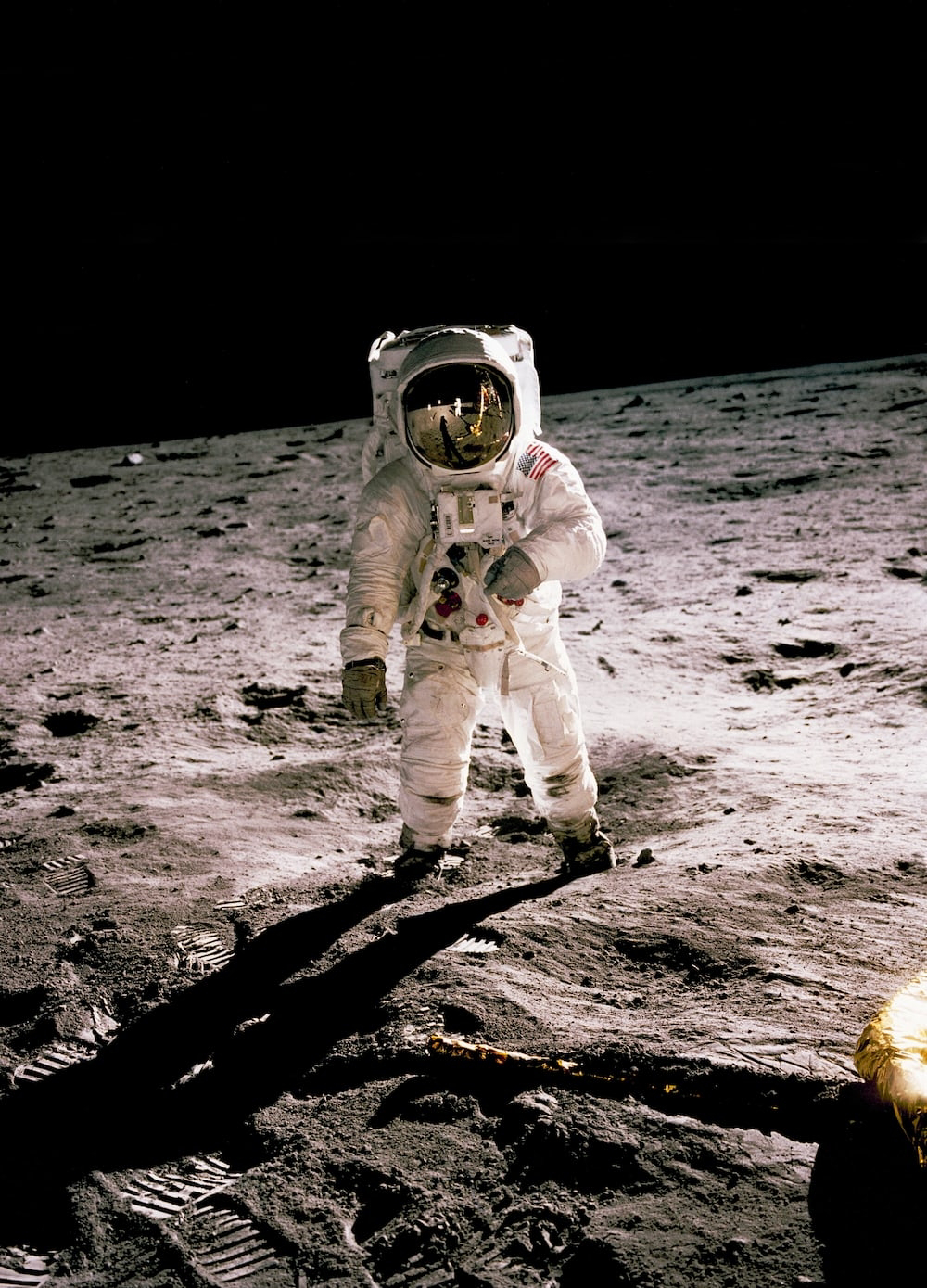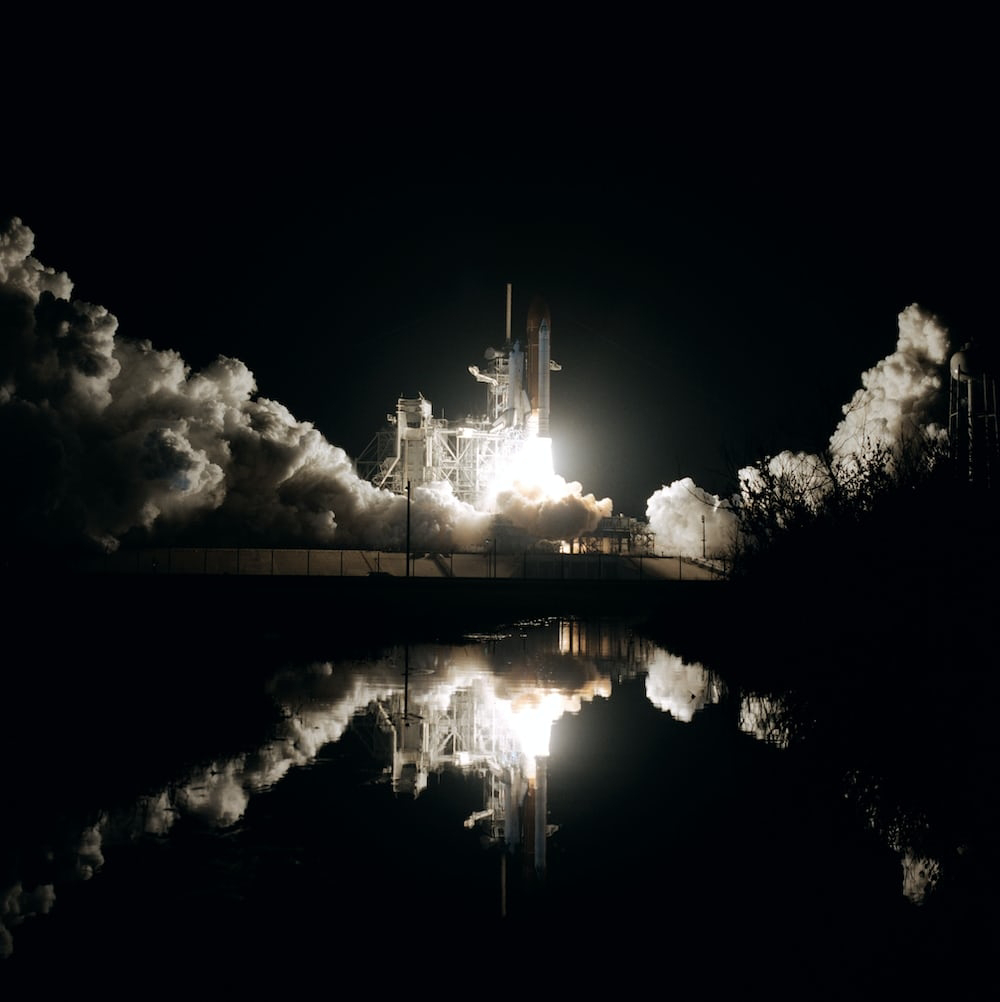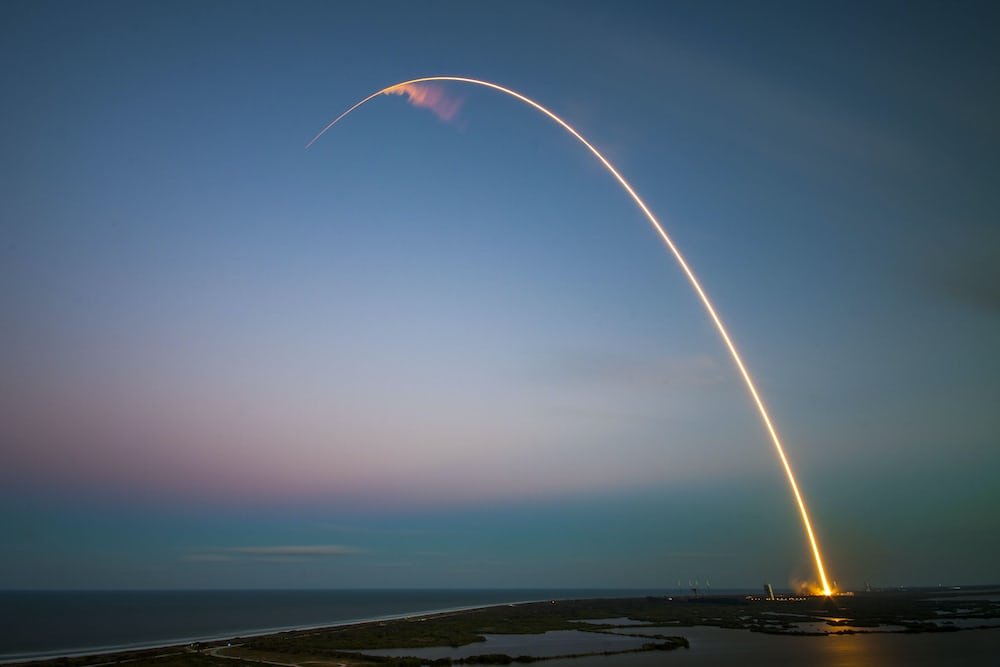The Genesis of NASA: Pioneering the Final Frontier
The National Aeronautics and Space Administration (NASA) stands as a testament to human ingenuity, curiosity, and the desire to explore the unknown. Born out of the Cold War era and driven by the pursuit of space supremacy, NASA's inception marked the beginning of an unprecedented era of scientific discovery, technological advancement, and international collaboration.
The Precursor: NACA
Before NASA's establishment, the foundation for American aeronautics and space research was laid by the National Advisory Committee for Aeronautics (NACA), founded in 1915. NACA's focus was primarily on aeronautical research, including the development of wind tunnels, aerodynamics studies, and aircraft design. The organization's expertise and contributions laid the groundwork for the future endeavors of NASA.
The Space Race and Sputnik:
The late 1950s saw the dawn of the Space Race between the United States and the Soviet Union. The Soviet launch of the world's first artificial satellite, Sputnik 1, in 1957, sent shockwaves through the American establishment, highlighting the urgent need for a dedicated space agency. The event underscored the strategic importance of space exploration, igniting efforts to catch up and ultimately surpass the Soviet accomplishments.
NASA's Formation:
On July 29, 1958, President Dwight D. Eisenhower signed the National Aeronautics and Space Act into law, creating NASA as a response to the Soviet space achievements. The agency's official establishment took place on October 1, 1958, with the mandate to lead America's civilian space program and aeronautics research. NASA inherited NACA's research facilities, including the Langley Research Center in Virginia and the Ames Research Center in California.
Early Milestones:
NASA's early years were marked by a series of significant milestones. In 1961, President John F. Kennedy famously challenged the nation to put a man on the Moon by the end of the decade. This ambitious goal led to the Apollo program, which achieved its climax with the historic Apollo 11 mission in 1969, landing astronauts Neil Armstrong and Edwin "Buzz" Aldrin on the lunar surface.
Scientific Exploration and Beyond:
While the Moon landing captured the world's imagination, NASA's mission extended far beyond that singular achievement. The agency embarked on an extensive range of scientific exploration, including robotic missions to planets, moons, and asteroids. Iconic missions such as the Mars rovers, the Voyager probes, and the Hubble Space Telescope have revolutionized our understanding of the cosmos.
International Cooperation:
As the years passed, NASA expanded its horizons by collaborating with international partners. The International Space Station (ISS) stands as a testament to this global cooperation, where astronauts from various countries work together to conduct scientific research, technological experiments, and advance our understanding of long-duration spaceflight.
Innovation and Challenges:
NASA's journey has not been without its challenges. The Space Shuttle program, while groundbreaking, faced tragedies like the Challenger disaster in 1986 and the Columbia disaster in 2003, highlighting the risks inherent in space exploration. Nevertheless, these setbacks spurred NASA to enhance safety protocols and adopt new technologies.
The Present and Beyond:
As of my last knowledge update in September 2021, NASA continues to push boundaries. The Artemis program aims to return humans to the Moon and eventually pave the way for crewed missions to Mars. The agency's focus on sustainability, diversity, and international collaboration underscores its commitment to pioneering the final frontier while learning from past experiences.
Jim's Thoughts...
NASA's inception and evolution are a testament to the power of human determination, innovation, and the pursuit of knowledge. From the heights of the Moon landing to the depths of interplanetary exploration, the agency's legacy serves as an inspiration for generations to come, reminding us that the cosmos is not just a vast expanse, but a canvas for humanity's boundless imagination and curiosity.







Comments
Post a Comment